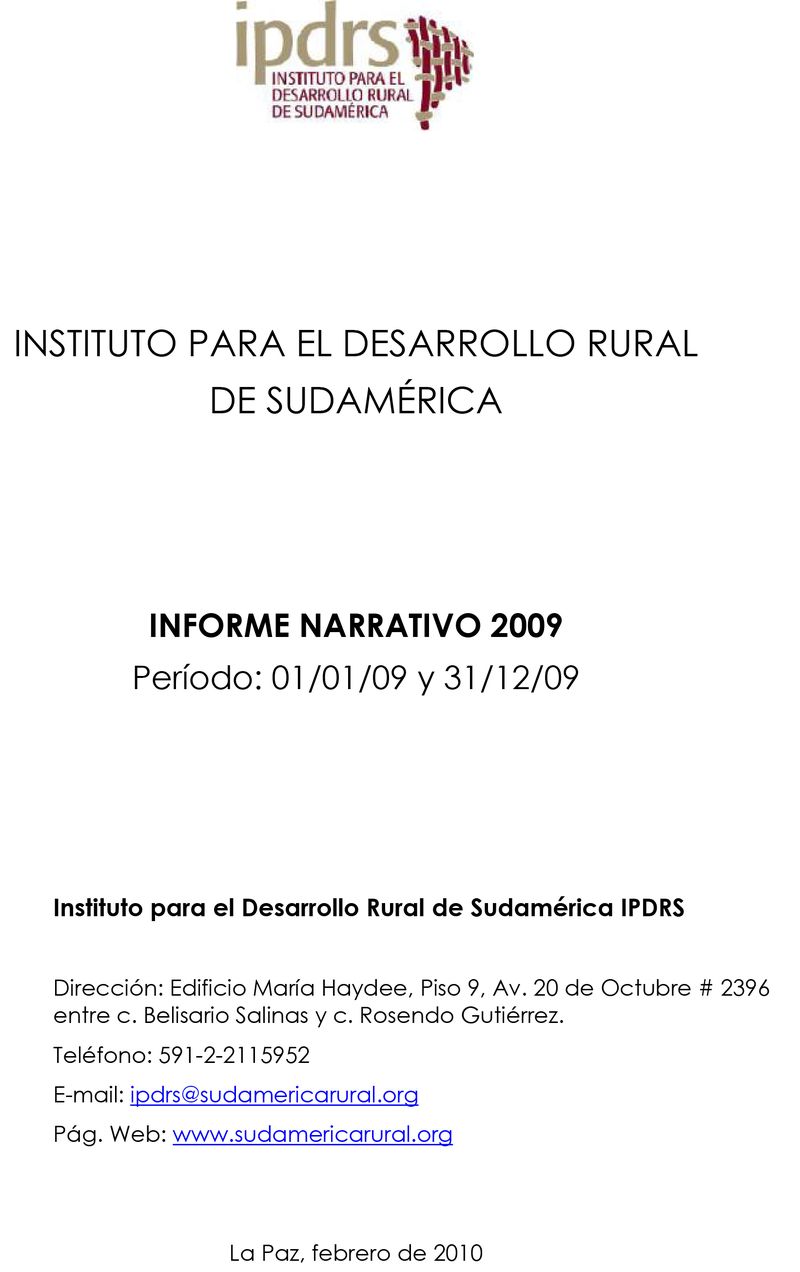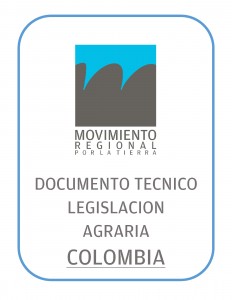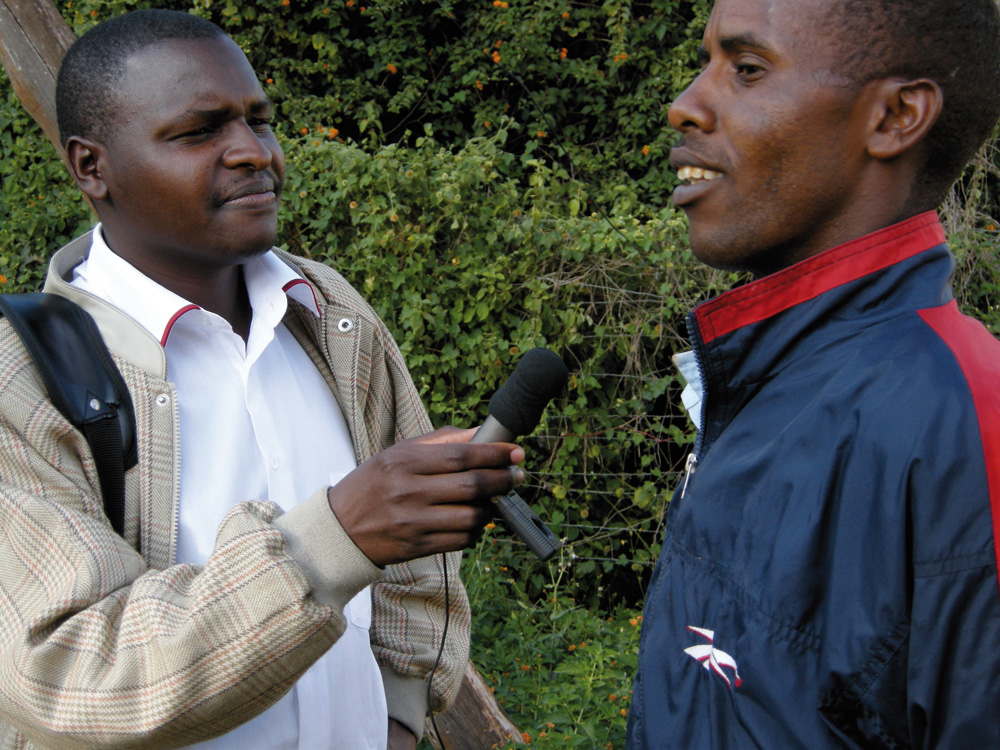Linking collective action to non-timber forest product market for improved local livelihoods
The paper draws on findings from research in South Sulawesi and Jambi Provinces, Indonesia, looking at the role of collective action in helping two local community groups enhance their bargaining power vis a vis other market players (such as collectors, small- and large-scale industries) and promote an increased demand for non-timber forest products. The first group has traditionally collected rattan (Calamus sp) from surrounding forests and was struggling to sell their products at a better price amid market uncertainties and the lack of supportive government policies.












